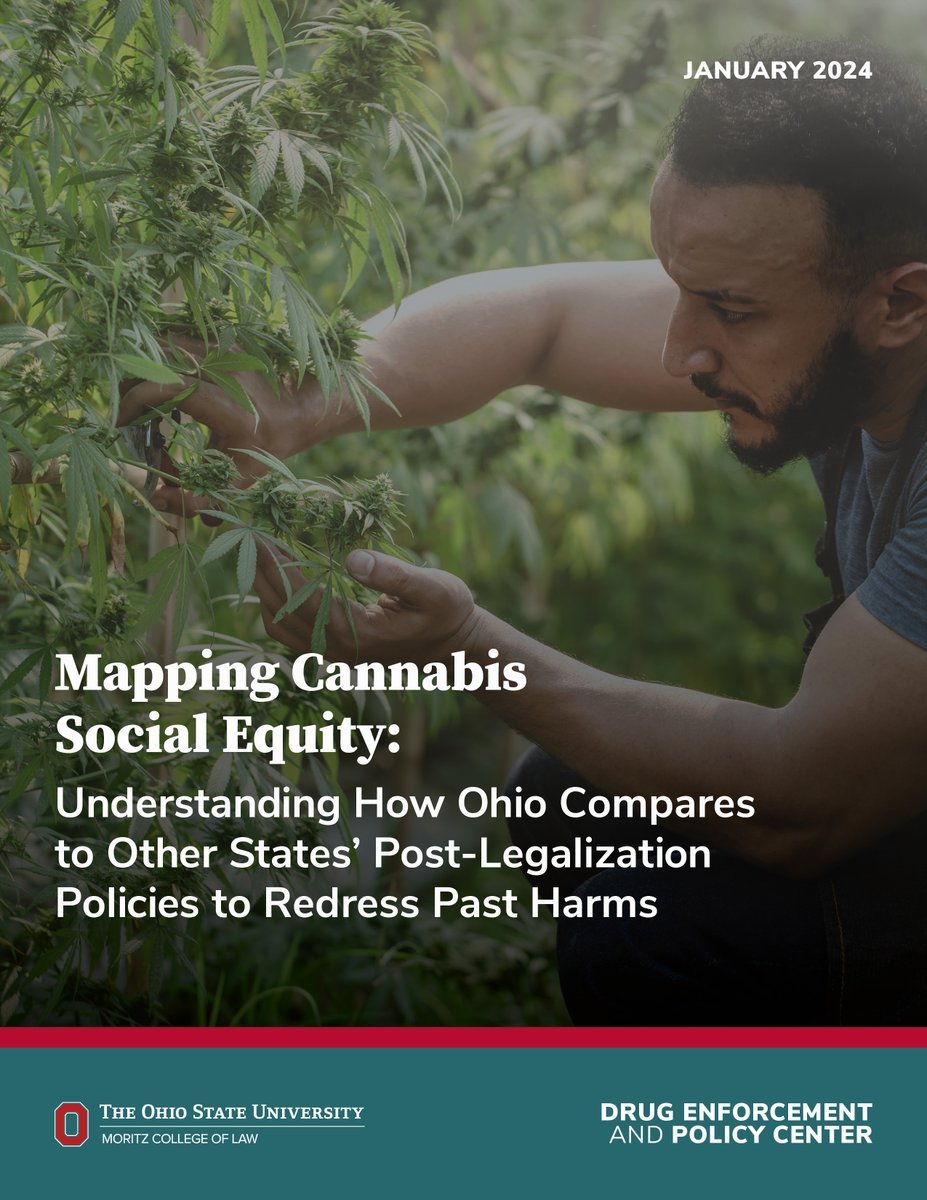By Robert C. Olby
From the cover:
"At last, a book about genetics has been written as a science to be reckoned with. Mr. Olby, a librarian of the Cotany School, Ixford, England, has written the whole story with remarkable ease. The text has a clarity which is not found too often in a book of this kind. This is partly because of the excellent notes and bibliography at the end of each chapter. The appendixes give further proof that a book such as this has never been written before-the work cited in each chapter is quoted as originally written by the scientists doing the work in this complicated field." -Library Journal
"Significant contribution to the history of genetics.... After reading this account, one cannot but have greater esteem and appreciation for Mendel as a scientist, a mathematician, a keen observer, and a keeper of careful records. The work and lives of the early hybridists are included in an informing manner with many accounts.... A large appendix includes original findings and writings of the early hybridists. ...Laymen as well as geneticists will appreciate this book." -Choice
Copyright © 1966, 1966 by Robert C. Olby. Schocken. 1967. 209p.









